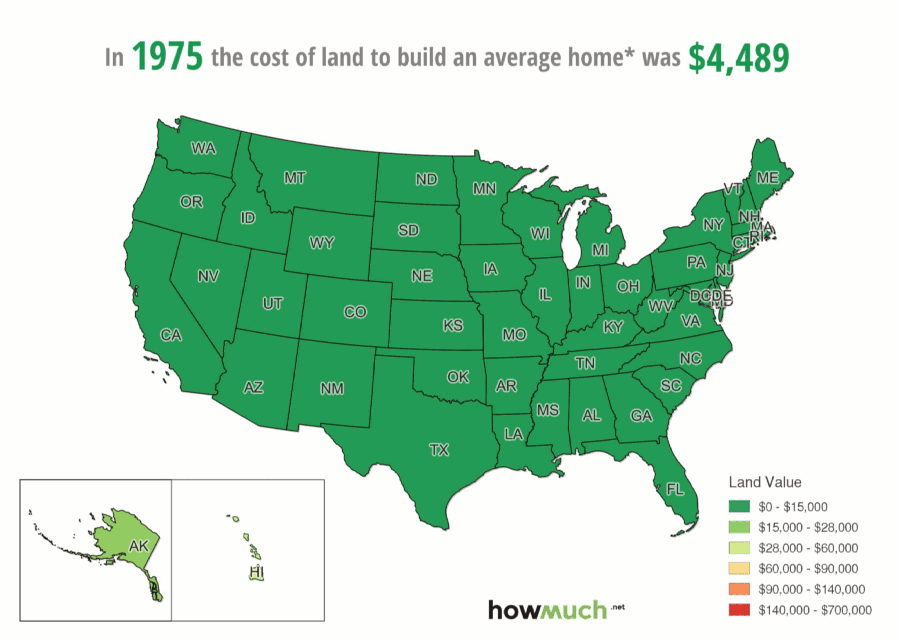Over the past 50 years America has made great strides towards civil rights for all races, religions, and creeds. Unfortunately, socioeconomic equality is still decades behind, with African Americans earning $21,225 less each year than their Caucasian counterparts.

Multiple states have an over $30,000 difference in median income, and some have as high as a 50% difference in homeownership rates. Notably, in all fifty states there was a disparity for homeownership and annual earnings. The correlation between the two variables varied wildly from state to state. In Vermont, for every $133 more in median annual income a Caucasian made, they were 1% more likely to be a homeowner. On the opposite end of the scale, for every $1,364 more a Caucasian made, they were 1% more likely to be a homeowner.
Racial Inequality by Income
Differences in median income varied largely by state, and census data showed an income disparity between $5,064 and $33,627 across the country. Minnesota, Connecticut, New Jersey, North Dakota and Massachusetts all had median income differences above $30,000, while Vermont had median difference of only $5,064, making it the most equitable state. Hawaii ($5,871) was close behind, followed by New Mexico, Idaho, and Arizona (between $9,500 and $12,500 each).
Racial Inequality by Home Ownership
Rates of homeownership across all states varied, with Caucasians between 16.3% and 50.3% more likely than African Americans to own a home. This trend was especially notable in the northern half of the country, where the top fifteen states with the largest difference in homeownership were situated in New England or the Upper Midwest. North Dakota topped the chart with a 50% difference in ownership rates, while Minnesota, South Dakota, and Maine were close to 40-45%. Southern states such as South Carolina (16%), Mississippi (17.8%), Alabama (20.2%), Texas (22.3%), and Virginia (22.4%) were the closest in homeownership rates within the country.
While it's difficult to account for industry selection, education credentials, and personal factors related to annual earnings, the data displays a clear disparity between Caucasians and African Americans in the United States. It's unclear how much of this can be attributed to geographical or cultural factors, as each state has a different relationship between income and homeownership, but census data illustrates potential inequality across the country.
About the article
Authors
Irena - Editor





